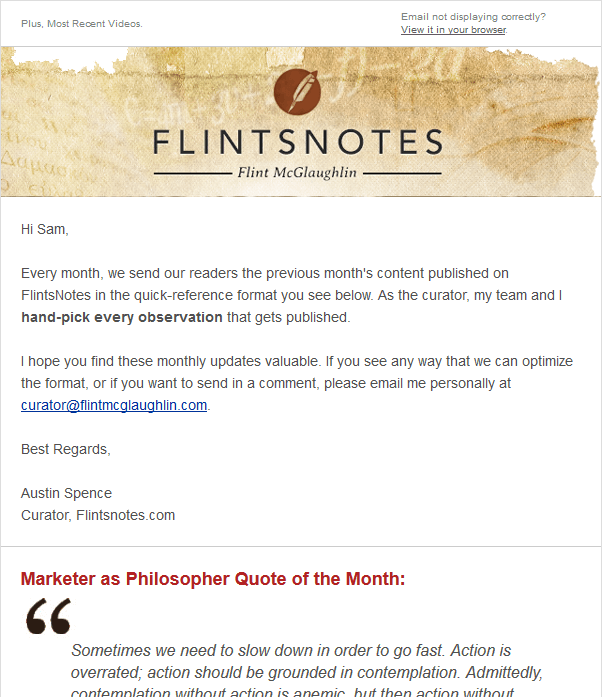My Five Greatest Mistakes as A Leader36 Years of Painful Data (that might help you)
In my field, we often speak of “data-driven decisions.” But for the leader, sometimes the most important data is derived from a source that evades our metrics platforms. Indeed, such data can only be gleaned through brutal self-confrontation.
Confessions
The philosopher Kierkegaard reflected that “… the artist goes forward by going backward.” It is a paradoxical concept and yet an apt observation.
If the leader wants a different outcome than the one he is currently achieving, he may do better to look backward rather than forward.
For me, this means doing the hard work of reflecting on my most significant failures, and in particular, the root causes of these failures. This is especially painful because the “root cause” of the “root causes” of my organization’s failures lies within ME.
Looking back over 30+ years of (my) leadership data, I can see patterns … negative patterns. This observation leads to an inevitable question: What can I do to prevent their recurrence?
There is a complex answer; there is a concise answer. Here is the latter.
Correctives
I have interpreted the patterns into negative actions and then translated those actions into five positive counters (old-fashioned admonitions). They are personal, NOT profound, essential, not clever, but each day, I reflect on each point (they are posted on the top of my schedule).
- Make war on self-deception. Your greatest enemy is not your competitor; your greatest enemy is your blind spot. Leaders must learn to manage “what they don’t know” (before it’s too late).
- Start with the ego question. “From” precedes “to”; we work “from” identity not “to” it. Before every decision (and sometimes before opening your mouth), you must ask, What would I do if my ego did not matter?
- Burn your “also(s).” The irony of busy leaders is that they are “highly focused”— but on too many good to-dos. Right is better than good. Courage can produce more than stamina. Be brave, take the tradeoffs.
- “Densify” your moments. All is now. Actualize aggressive reflection with relentless (present tense) action. Continually ask this question: What is the most productive way to invest this moment?
- Amplify your X-factor. Being good at ten things will produce less than being best at (the right) one. You are the average of your team. You only pull everyone’s average up by doing what you do best. The greater the personal alignment, the greater the corporate achievement.
This “way” of looking backward is more important than the correctives themselves. The macro lesson is this: My past can make my “now” better — but only if I use it to motivate new and better behavior.

